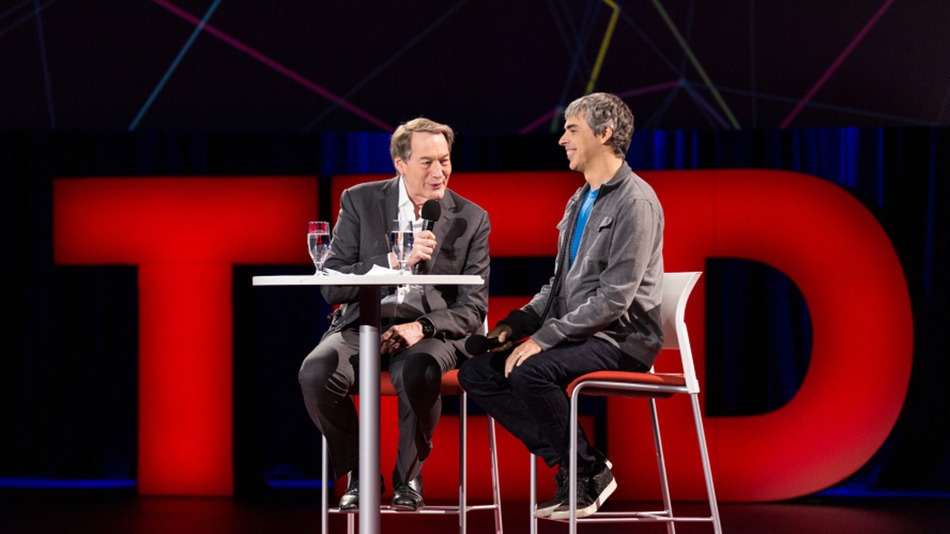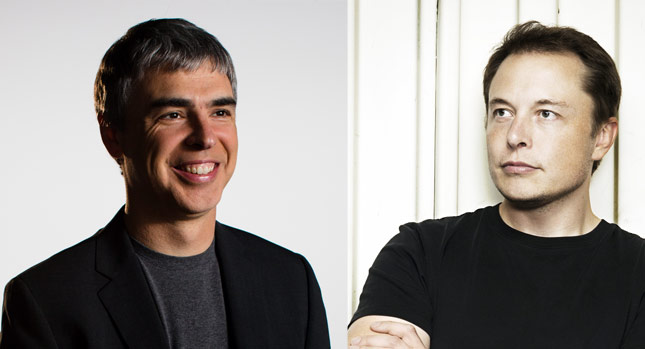Larry Page Would Rather Give His Savings to Elon Musk Instead of Charity
2014.03.21

Google co-founder and CEO Larry Page would rather leave his savings to Elon Musk, CEO of SpaceX and Tesla and he dies than to a charity, he said in a statement made at the 2014 TED talk with 40 year
Page sat down with Charlie Rose to discuss his vision for the future and what Google is working on, though he spent a good deal of time discussing Musk's aspirations instead.
At the TED-2014 conference in Vancouver, Canada, on Wednesday, Charlie Rose asked the 40-year old CEO about an older statement he made in regards to preferring to give his money to an entrepreneur like Musk than charity.
"You once said you might consider giving your money to Elon Musk because you had confidence he will change the future," asked Rose.

"[Musk] wants to go to Mars. That’s a worthy goal," Page said, as outlined on TED's website. "We have a lot of employees at Google who’ve become pretty wealthy. You’re working because you want to change the world and make it better; if the company you work for is worthy of your time, why not your money as well? We just don’t think about that. I’d like for us to help out more than we are."
Page also talked about Google's anticipated driverless car concept, noting that we are close to seeing them hit the market soon, as well as Google's mission of the future, and discussing all the challenges that lie ahead.
"Computing’s kind of a mess," he said. "Your computer doesn’t know where you are, what you know, what you’re doing. We’re trying to make devices work, to understand your context and what you might need. We’re just starting to work on Android Wear, for example. Having computing understand you — we haven’t done that yet. It’s still very clunky. Having computing understand you — we haven’t done that yet. It’s still very clunky."
"The mission that we defined a long time ago was to organize the world’s information and make it usable and accessible," he said. "Now people always ask me: Is that still what you’re doing? And I’m not quite sure. But search really is such a deep thing for us. To really understand what you want, to really understand the world’s information — we’re still very much at the early stages of that. We’ve been doing this for 15 years already, but it’s not at all done."
More Articles
Copyright © Fooyoh.com All rights reserved.